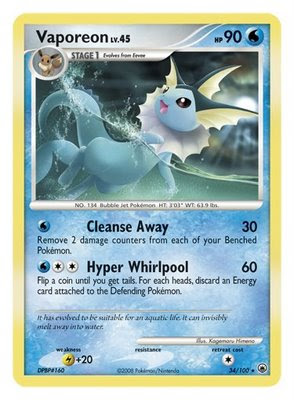This morning, while driving to work I spotted this headline on the side of the road.
Something about it raised a red flag with me. It seemed too clear, too concise, too simple - and very sensationalist. But, of course, the prospect was exciting. Had data been returned from that various Mars missions that had finally turned up some kind of microbial life?
It seemed unlikely. NASA is under strict instructions not to look for life on Mars. The closest they can come is to look for the necessary conditions to support life, or maybe for indirect evidence to suggest that life may exist on Mars.
Could it be that NASA managed to find life, even without looking for it? Probably not.
I hypothesised that what was really going on here was that NASA (or one of the other space agencies or affiliated research organisations) had made another small, incremental, but possibly significant discovery that pointed towards the possiblity of life on Mars. And that The Times was blowing the whole thing out of proportion.
So I got to the office and looked up the
relevant article. It confirmed my suspicions.
In fact, no-one has found life on Mars.
What they have found is pretty cool: that there appears to be a periodic upswing in the amount of atmospheric methane. This suggests that a fairly large amount of methane gas is being produced somewhere on the red planet, being belched out into the atmosphere, and then slowly oxidised over time.
The puzzling bit is the question of where this methane could be coming from. We know of two processes that produce methane in these sorts of quantities: volcanic activity and life. Since we're pretty sure that there's no volcanic activity on Mars, that leaves either life or a third explanation we haven't thought of yet.
This discovery increases the probability that there might be some sort of life on Mars, which is pretty awesome in itself. But it does not tell us that there is life on Mars!
This is what gets to me about stories like this. Some journalist has taken the facts of the story and twisted them into a sensationalist yarn designed to sell papers (or hits on the website). And it works. What it fails to do is give the reader an accurate description of what's actually going on. Anyone who read only the headline, or perhaps only the first paragraph of the article, would be left believing that we now know that there is life on Mars - which couldn't be further from the truth.
What makes this even worse is if life ever is actually discovered on Mars, the magnitude of that discovery will be substantially diminished in the public perception. When the headlines read "Life Found on Mars" for real, the average consumer will think "Big deal! They found that already before, didn't they? Stupid scientists."
While I appreciate the value of getting the general public interested in scientific topics, like the search for life on Mars, I think that misleading them like this does more harm than good.





